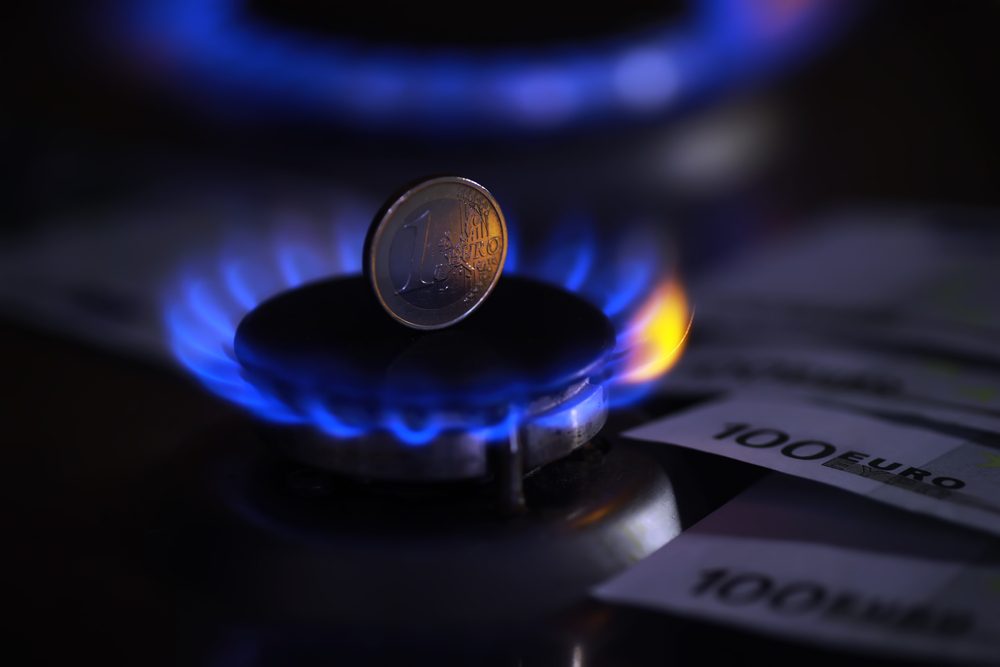
The highly controversial German gas levy (the European Conservative reported earlier) is about to be scrapped.
On Sunday evening, September 25th, heads of the governing social-democratic SPD, Saskia Esken and Lars Klingbeil, anticipated an upcoming end to the much-maligned tax. “I am convinced that the gas levy will come to an end this week,” said Saskia Esken in an interview with German state TV ARD. Her colleague Klingbeil told the second channel ZDF: “I believe politics need to have the strength to correct mistakes,” while adding that things need to be “solved quickly within the government” over the coming days. Even Economic Minister Robert Habeck, whose ministry was responsible for drawing up the levy, admitted that there were legal issues with the gas levy that had to be resolved, but that might no longer be necessary if the levy gets scrapped altogether.
Earlier, Finance Minister Christian Lindner had expressed doubts about whether the levy made sense economically. “We have a gas levy that raises the price, but we need a cap on gas prices to lower the price for consumers.” For Lindner, a member of the liberal FDP, a cap would need to be enacted “together with measures like the prolongation of nuclear energy.” But the German Greens haven’t budged so far on their anti-nuclear stance, even though Habeck’s ministry just announced that the last two nuclear plants will be prolonged until April 2023 before going offline.
Members of the coalition are now looking for a solution to fill the financial gap. The Greens suggested drawing upon tax funds instead.
Habeck is expected to draw up a proposal by the end of the week which is most likely going to rely on refinancing the former levy with taxes. That way, not only will all gas customers have to share in covering the exorbitant costs of importing gas, but all German taxpayers, even those not reliant on gas.
